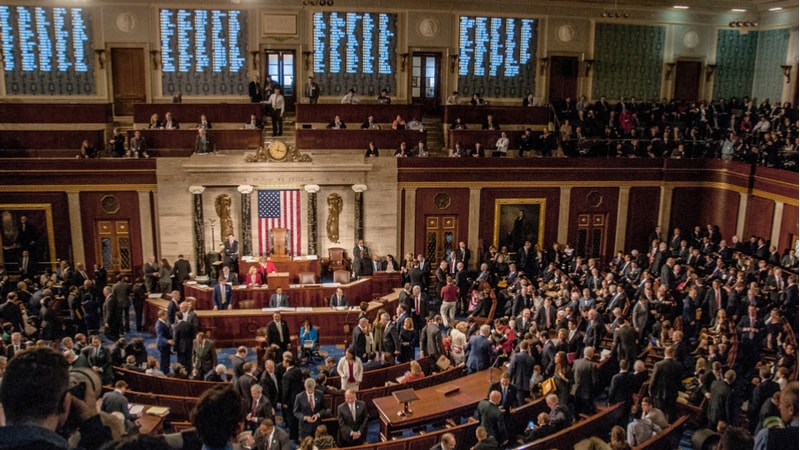
The Informing Consumers about Smart Devices Act is once again floating down the halls of Capitol Hill – this time in the 118th Congress – but the same mission as last year: protecting you from your snooping appliances.
Lawmakers are reaching across the aisle to reintroduce legislation that would require the Federal Trade Commission to create disclosure guidelines for products that have audio or visual recording components that are not clearly obvious – such as refrigerators, washers, dryers, or dishwashers.
Incoming Senate Commerce, Science and Transportation Committee ranking member Ted Cruz, R-Texas, and committee Chairwoman Maria Cantwell, D-Wash., introduced the bill on Jan. 25.
“As the number of smart devices found in homes steadily climbs, consumers deserve greater transparency about how these devices work and how they impact privacy,” Sen. Cruz said. “Americans should know if the fridge is recording their families’ words and movements and they should know whether their virtual assistant is transmitting audio recordings of private family conversations.”
The lawmakers noted that consumers may not realize that an increasing number of household smart devices and appliances contain microphones or cameras that can record individuals and also include Wi-Fi capabilities to transmit the data.
“By 2026, it’s estimated that over 84 million households will have smart devices – providing connection and control over everything from your air conditioning to your air fryer,” Sen. Cantwell said. “Yet, most consumers expect their refrigerators to keep the milk cold, not come equipped with a camera or microphone to record their personal and private family discussions.”
The legislation will not apply to technology that consumers would expect to record them – like smart phones and laptops.
The two senators previously introduced the bipartisan bill in November 2022, though they ran out of time to pass the bill in the lame-duck session at the end of last year.
Reps. John Curtis, R-Utah, and Seth Moulton, D-Mass., also introduced companion legislation in the House on Wednesday.
“This common sense and bipartisan bill ensures consumers are aware of the recording capabilities of items they are putting in their homes, while also balancing flexibility for companies who are developing smart technologies,” Rep. Curtis said.
“We should be allowed to make informed decisions about the electronic eavesdroppers we invite into our homes,” Rep. Moulton added. “But we can’t do it if big tech hides microphones and cameras that are always listening in refrigerators, toasters, and other household gadgets. Let’s pass this bill so consumers know when big tech is listening in.”
The legislation passed the House unanimously when it was introduced in the last Congress, and was referred the Senate Committee on Commerce, Science, and Transportation.
